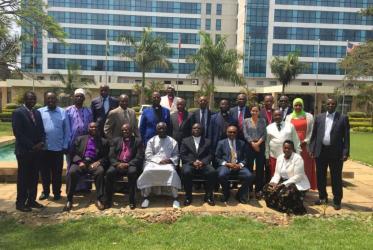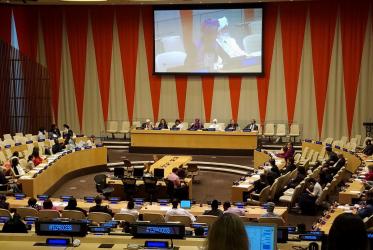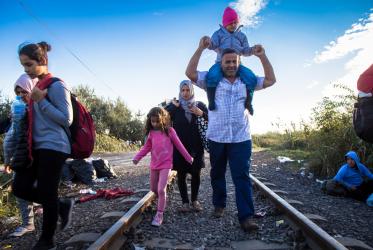Displaying 141 - 160 of 376
29 November 2017
Religious leaders explore message of peace in Burundi, DRC
23 February 2017
The child in the manger and the war in Syria
22 December 2016
‘No Christmas bells in Mosul’ for a third year, says Assyrian priest
14 December 2016
In Syria and Iraq, minorities must come out of the darkness
28 November 2016








